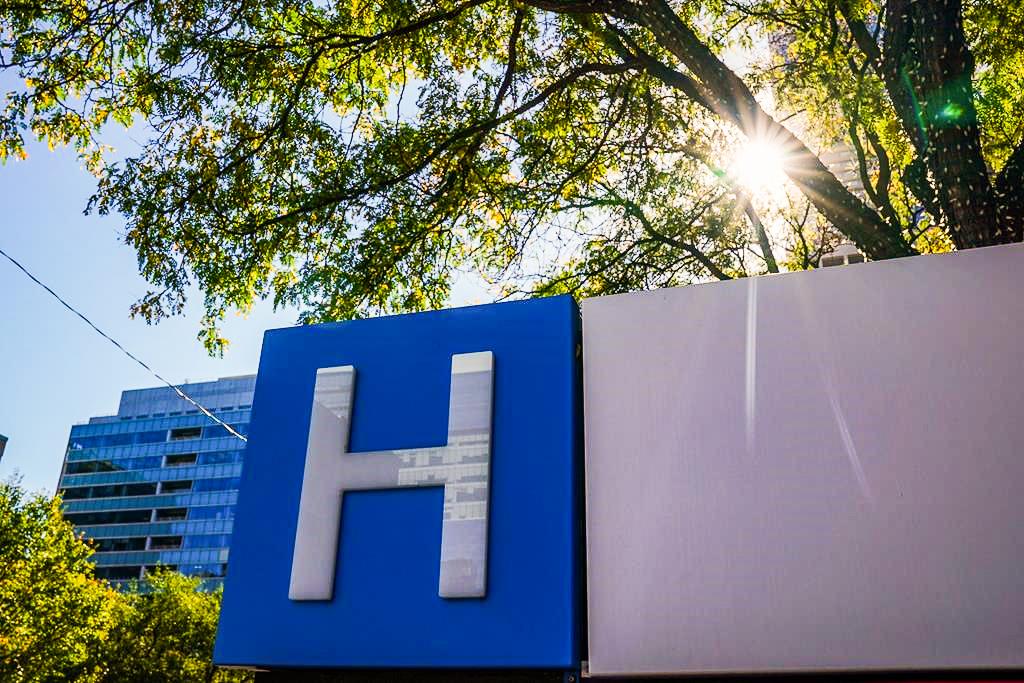Toronto’s Mount Sinai Hospital is bolstering its security, and the Toronto Police Service has vowed to increase its presence on hospital row after a pro-Palestinian march targeted the medical facility on Feb. 12.
Toronto Police said in a social media post it is investigating several “incidents” that took place outside Mount Sinai Hospital, which was founded by Toronto’s Jewish community, and promised to provide “an increased” police presence in the area “to ensure essential hospital services and emergency routes remain accessible.”





